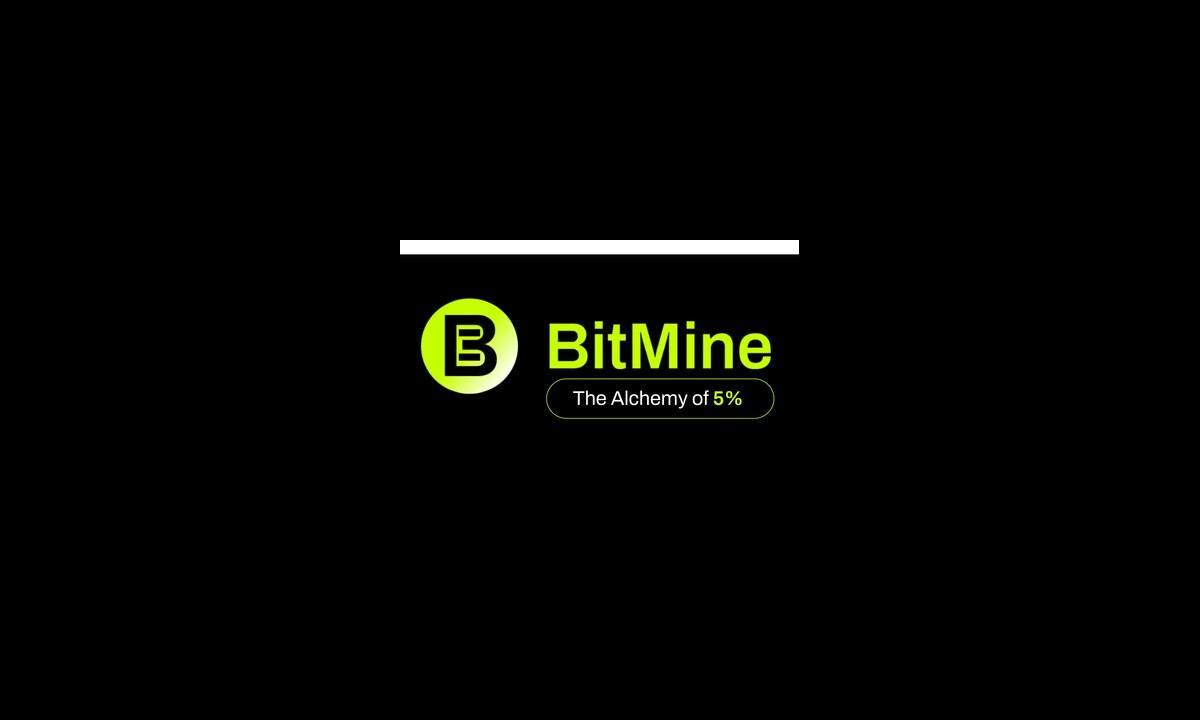Transaction fees play a crucial role in the functioning and security of blockchain networks. In this article, we will explore the significance of transaction fees in cryptocurrencies like Bitcoin and Ethereum.
What are Transaction Fees?
A transaction fee is a payment made when a certain amount of cryptocurrency is transferred from one wallet to another. These fees serve as an incentive for miners to include the transaction in a new block and add it to the blockchain.
Why do transaction fees vary?
The fees for transactions in a blockchain network are not fixed and can vary depending on the level of activity on the network. During times of high demand, when many transactions are being processed, the fees tend to increase. Conversely, during times of low activity, the fees may decrease.
What is the mechanism of transaction fees?
When users initiate a transaction, they have the option to set the transaction fee. Miners, who validate and confirm the transactions, usually prioritize transactions with higher fees. This is because miners are motivated to prioritize transactions that offer higher rewards, as the fees are collected by the miners as a form of compensation for their efforts.
For example, if a user wants to speed up their transaction and have it confirmed quickly, they can choose to pay a higher transaction fee. Miners are more likely to include transactions with higher fees in the next block they mine, ensuring a faster confirmation time.
What is the Purpose of Transaction Fees?
The introduction of transaction fees in blockchain networks was initially aimed at preventing malicious or fraudulent activities. By imposing fees, it was hoped that the costs associated with transactions would discourage malicious actors from attempting to overload or congest the network with unnecessary transactions.
Satoshi Nakamoto, the creator of Bitcoin, implemented transaction fees after being inspired by Adam Back’s hash system. The hash system, based on the principles of Proof-of-Work, helped ensure the security and efficiency of the Bitcoin network.
What are Transaction Fees and Mining?
Transaction fees also play a vital role in the mining process. All transactions are placed in a queue called the memory pool or mempool. If the mempool becomes overloaded, miners have the authority to choose which transactions to verify first.
Transactions with higher fees are given priority, as miners are incentivized to select transactions that offer higher rewards. This ensures that transactions with higher fees are confirmed more quickly, increasing the overall efficiency of the blockchain network.
What are the transaction fees in different blockchains?
While transaction fees are prevalent in most blockchain networks, the way they are calculated and measured may vary. For example, in Bitcoin, fees are typically calculated based on the size of the transaction in terms of bytes. Larger transactions with more inputs and outputs require more data to be stored on the blockchain, leading to higher fees.
In Ethereum, fees are measured in gas, which is a small fraction of ETH. Gas fees are used to compensate miners for the computational resources they utilize to execute smart contracts and run decentralized applications (DApps). Due to its advanced features such as smart contracts and DApps, transaction fees play a more significant role in Ethereum compared to Bitcoin.
What is Adjusting Transaction Fees?
While many cryptocurrency exchanges have fixed transaction fees, users have more flexibility when using cryptocurrency wallets. Wallets often allow users to adjust the transaction fees according to their preferences and the urgency of their transactions.
For example, if a user wants their transaction to be confirmed quickly, they may choose to increase the fee to attract miners’ attention. Conversely, if time is not a constraint, users can opt for lower fees to save on costs.
What is the conclusion?
Transaction fees are an integral part of blockchain networks, serving as incentives for miners and helping maintain the security and efficiency of the network. By understanding the significance of transaction fees, users can make informed decisions when initiating transactions and ensure their transactions are confirmed in a timely manner.














